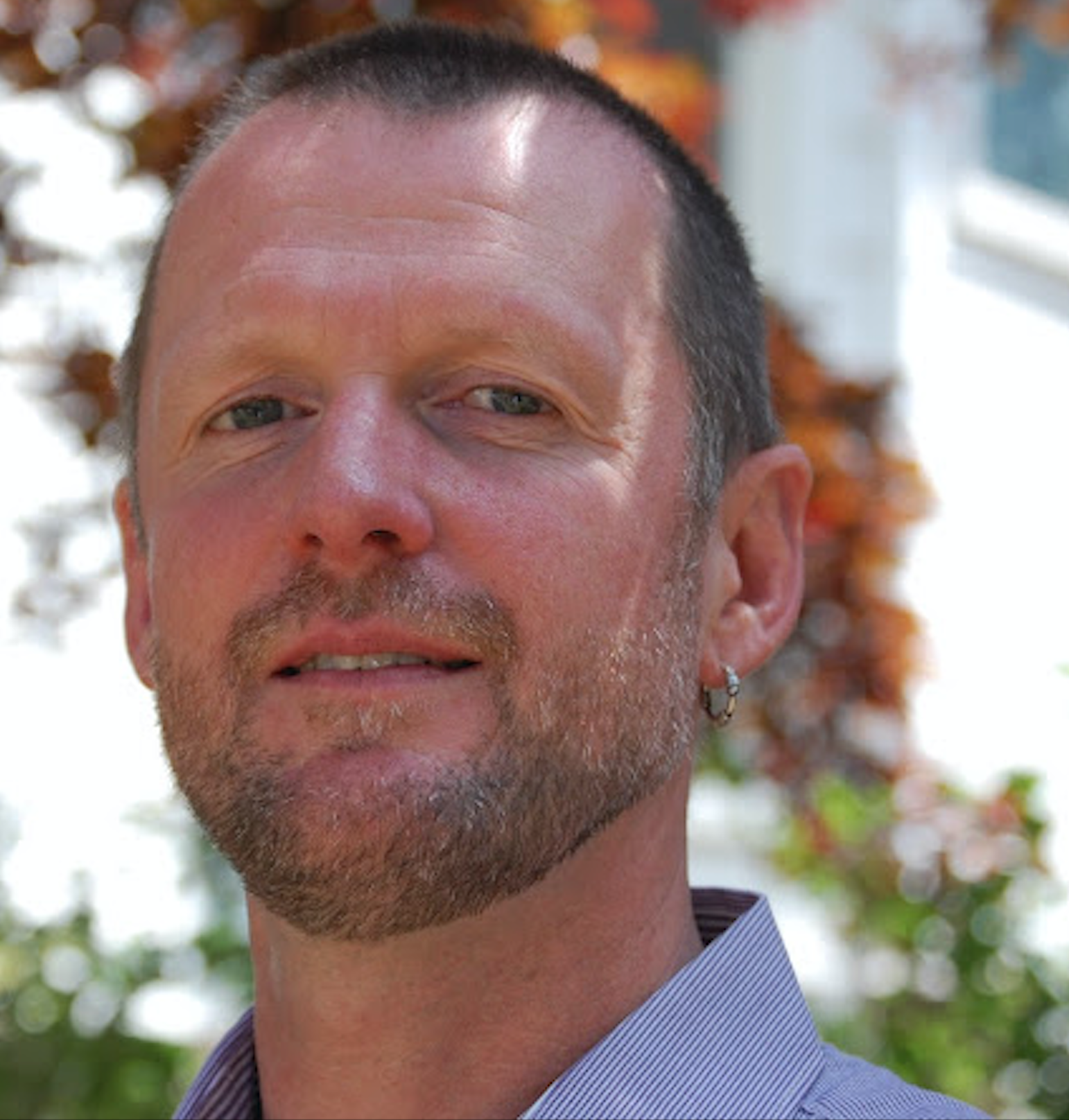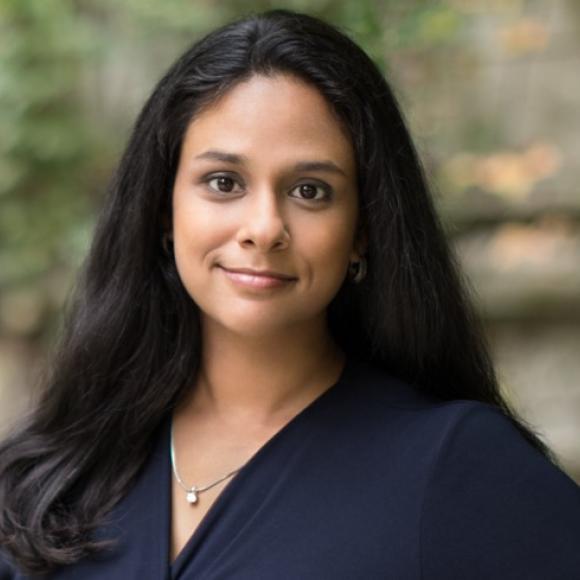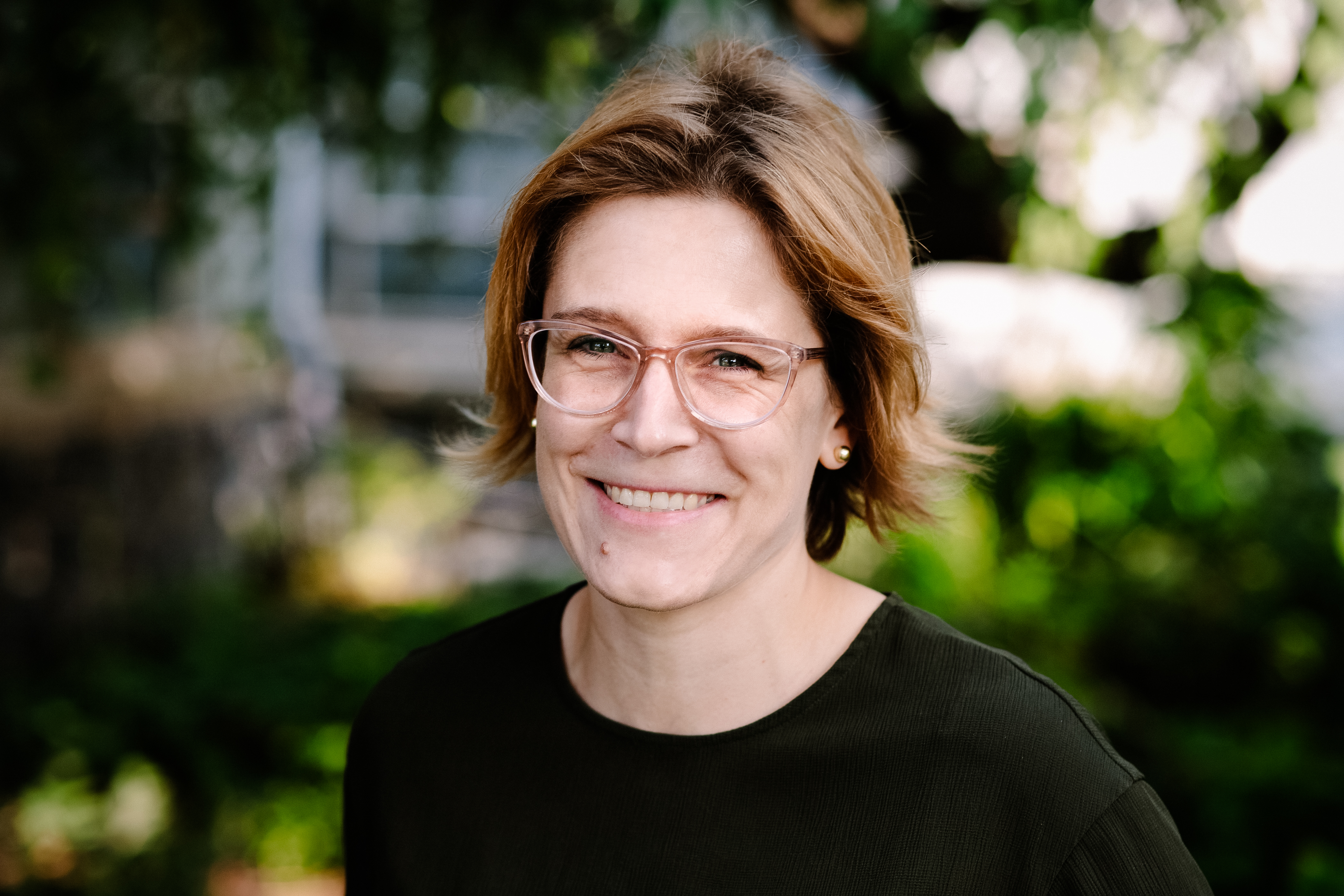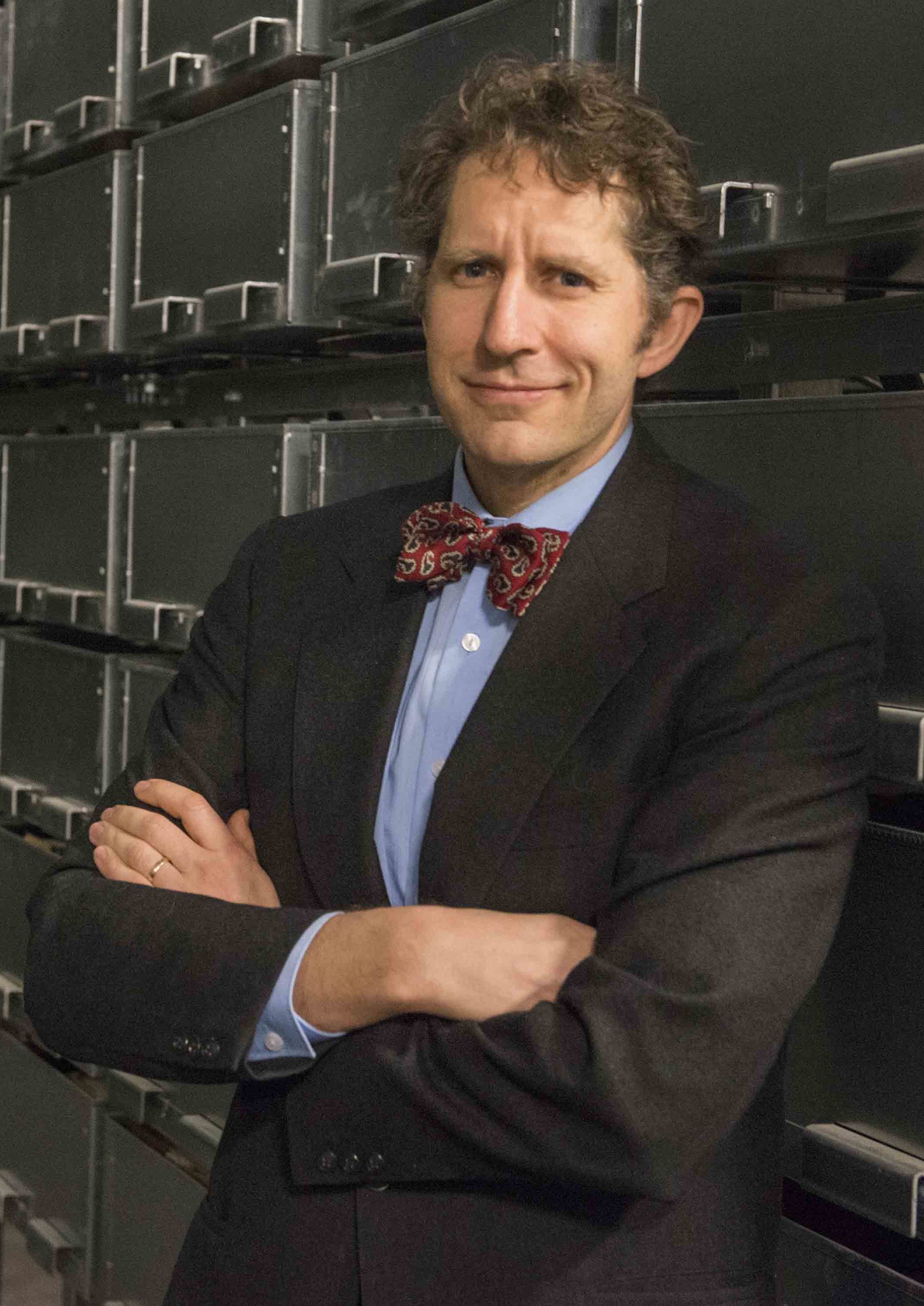
Twist and chew: Visualizing tongue movements during chewing and swallowing using XROMM and the RCC
Callum Ross
Professor, Department of Organismal Biology and Anatomy
Dr. Ross' lab researches the motor control and biomechanics of feeding system. His lab uses electromyography and fluoromicrometry to study feeding muscle function, high speed biplanar videofluoroscopy to study 3d tongue and jaw kinematics, and finite element modelling to study mandible mechanics. They study diverse taxa. His lab is working on understanding how both the jaw and tongue are moved and controlled during oral behaviors such as drinking, chewing and swallowing.
Measuring Inclusion and Inequality in Representation of Gender and Race: Applying Artificial Intelligence to Children's Books
Anjali Adukia
Assistant Professor, Harris School of Public Policy and the College
Anjali Adukia is an assistant professor at the University of Chicago Harris School of Public Policy and the College. In her work, she is interested in understanding how to reduce inequalities such that children from historically disadvantaged backgrounds have equal opportunities to fully develop their potential. Her research is focused on understanding factors that motivate and shape behavior, preferences, attitudes, and educational decision-making, with a particular focus on early-life influences. She examines how the provision of basic needs—such as safety, health, justice, and representation—can increase school participation and improve child outcomes in developing contexts.


You can't put the Earth in a jar: simulations of Earth's atmosphere and climate
Tiffany Shaw
Associate Professor, Department of Geophysical Sciences
Earth’s atmospheric circulation and its energy transport are essential for Earth’s habitability — past, present and future. Some of the most dramatic examples of the circulation’s influence include the abrupt seasonal increase of precipitation and reversal of trade winds that occur as part of the Monsoons and the seasonal migration of the storm track (region where weather systems occur most frequently) 10 degrees poleward. Dr. Shaw's research explores the physics of the atmospheric circulation from the equator to the pole and the surface to the stratosphere. She seeks to improve understanding of the circulation through a combination of theory, hierarchical numerical modeling and observational data analysis.
Accelerating Innovation with More and Less Human Artificial Intelligences
James Evans
Professor, Department of Sociology; Director, Knowledge Lab; Faculty Director, Masters Program in Computational Social Science
Dr. Evans is the Director of Knowledge Lab, Professor of Sociology, Faculty Director of the Computational Social Science program, and member of the Committee on Conceptual and Historical Studies of Science at the University of Chicago. He is also an External Professor at the Santa Fe Institute. His research focuses on the collective system of thinking and knowing, ranging from the distribution of attention and intuition, the origin of ideas and shared habits of reasoning to processes of agreement (and dispute), accumulation of certainty (and doubt), and the texture--novelty, ambiguity, topology--of human understanding. He is especially interested in innovation--how new ideas and technologies emerge--and the role that social and technical institutions (e.g., the Internet, markets, collaborations) play in collective cognition and discovery. Much of his work has focused on areas of modern science and technology, but he is also interested in other domains of knowledge--news, law, religion, gossip, hunches and historical modes of thinking and knowing. He supports the creation of novel observatories for human understanding and action through crowd sourcing, information extraction from text and images, and the use of distributed sensors (e.g., RFID tags, cell phones). He uses machine learning, generative modeling, social and semantic network representations to explore knowledge processes, scale up interpretive and field-methods, and create alternatives to current discovery regimes.
